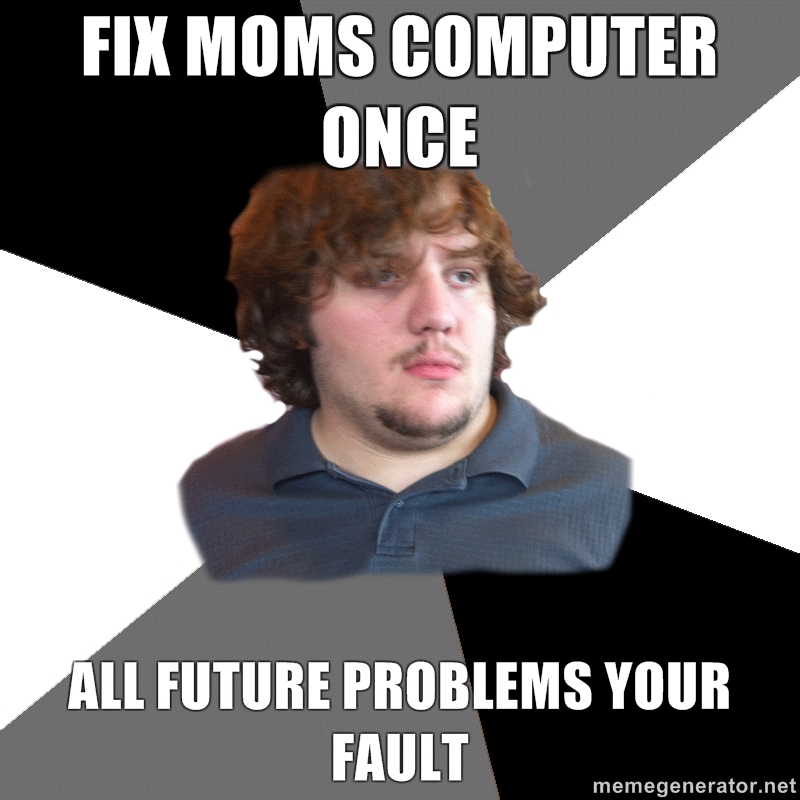Digital Literacy & Responsibility
Early Experiences in a Digital Era
 I was a very curious boy when it came to emerging technology such as the internet, video games, online movies, music and content as well as cellular phones. I grew up very much in the cutting edge of the digital age, so it was always something I encountered and naturally grew accustomed to the 2000's. However, growing up with that huge resource came with a lot of challenges, and responsibility. While I faced a lot of these challenges, I was not always alone, I had the help of my mother who had a large hand in informing me of the responsibilities of using this digital resource.
I was a very curious boy when it came to emerging technology such as the internet, video games, online movies, music and content as well as cellular phones. I grew up very much in the cutting edge of the digital age, so it was always something I encountered and naturally grew accustomed to the 2000's. However, growing up with that huge resource came with a lot of challenges, and responsibility. While I faced a lot of these challenges, I was not always alone, I had the help of my mother who had a large hand in informing me of the responsibilities of using this digital resource. Family Tech Support
Yes, I was, and still am that member in the family that could solve every problem, troubleshoot any tech issue, or perform some random task that members in my family didn't know were even possible.
Digital Literacy & Responsibility
Digital literacy is so much more than having a skill to navigate the digital world, solve tech issues, work your way around popular programs and software, and sending emails to business partners. It's all about managing how to be a responsible adult in the digital world. It is how to communicate, and collaborate with others, how to solve problems with critical and creative thinking, while also knowing some problems do not have solutions. It's about being aware that because the digital age provides so many amenities and resources that were not possible before, meaning there is a greater amalgamation of content on a spectrum from harmful to helpful.
Digital literacy is being able to be skilled with interacting digitally, while also being emotionally responsible, avoiding impulsive sharing, promoting positive social change, and knowing when your actions online can affect your real, physical life, while also knowing that it can impact others' lives. There is a huge responsibility while interacting in an increasingly digitized era.
Digital literacy is an extremely important skill, possibly the most important skill of the 21st century, and something I've realized that I am passionate about sharing with others. I had a very hard time growing up with a skill that I couldn't manage how to navigate emotionally and responsibly, and that led to many mistakes that impacted not only myself, but those around me. This was a topic that was at first glance something I was already familiar with, but upon further research and critical thought, gave me a realization about myself growing up in a digital age. I'm grateful that I came across the topic in my ITEC 315 course, and that I got to reflect deeply on this topic while also learning new things.
As always, if you'd love to support me and other artists from the Bay Area; Listen to music produced and engineered by Aux on Spotify here:


Comments
Post a Comment